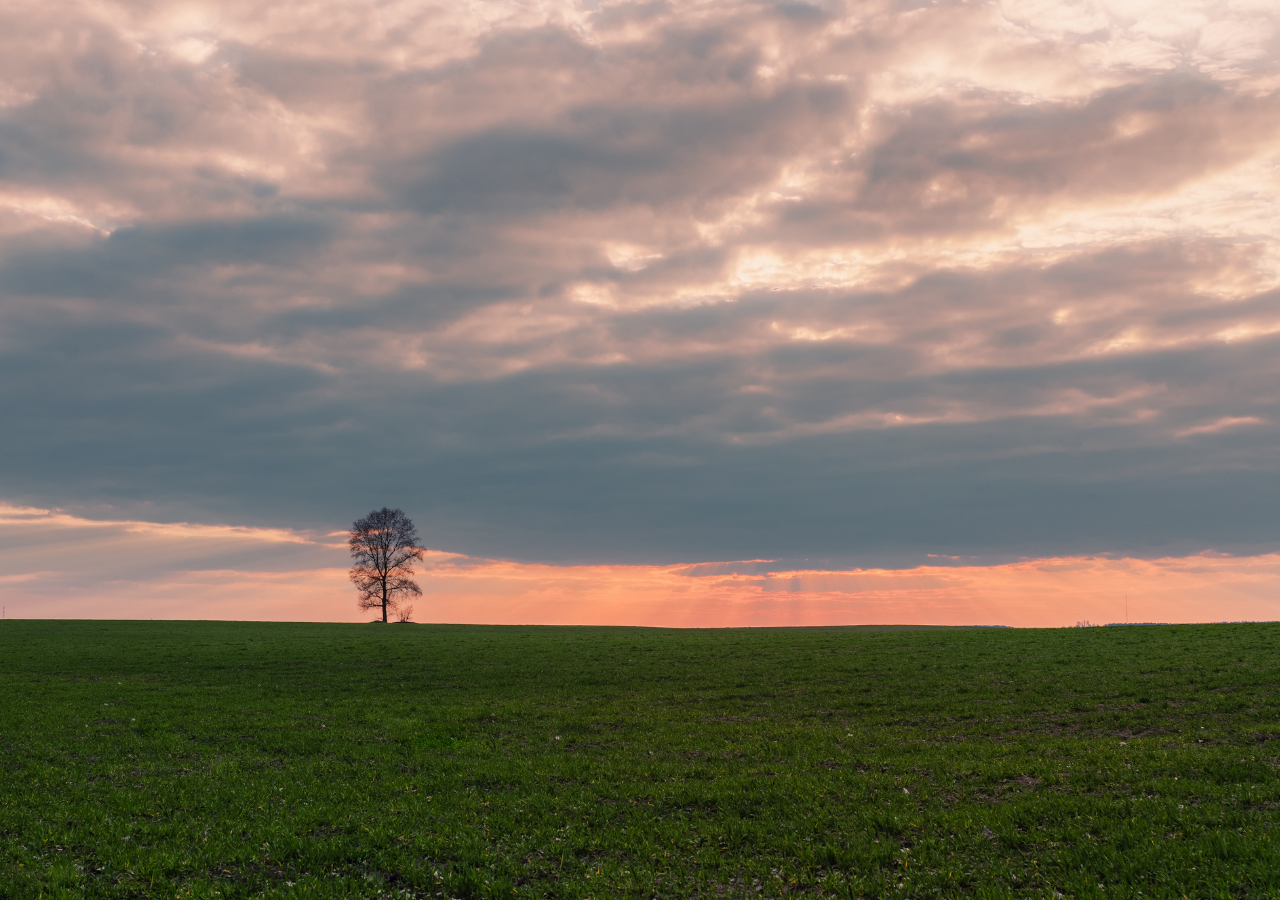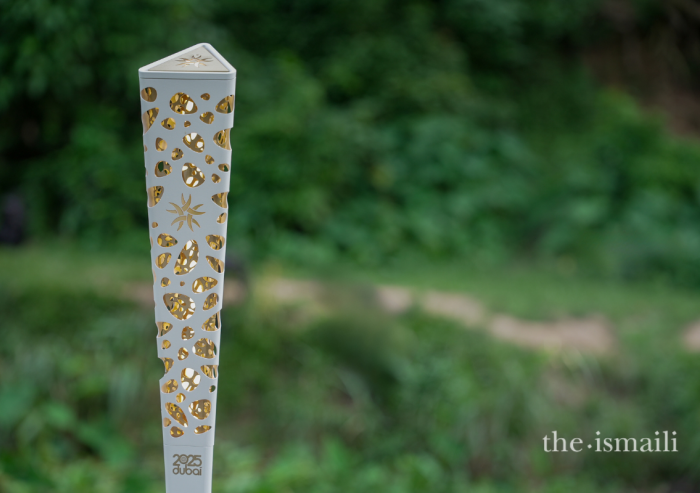When we consider the daily struggles of personal life, balancing family and work responsibilities, stresses around financial stability, and so on - compounded with the pandemic, we find ourselves amid a historic global crisis.
Generally speaking, over the last year and more, we have given the majority of our attention to our physical wellbeing; and in some cases, even sheer survival. We have possibly neglected much-needed attention to our mental, emotional, and relational wellbeing. All of these needs are at the core of human resilience; our ability to respond to, learn from, and bounce back from adversity. As we continue to adapt, our focus must shift to our overall wellbeing, as all these components are necessary for us to move from surviving to thriving. Think of it as a vehicle and its components; it takes much more than a sturdy body to function correctly.
To better take care of our whole self, it is helpful to understand how the human brain works and how much control we have over our responses. The human brain is wired to perceive threats, a mere survival instinct dating back to our first ancestors. Our brain treats physical and social threats the same and triggers a fight, flight, or freeze response. When our so-called ‘reptilian brain’ takes over the rational and logical part of our brain, the prefrontal cortex shuts down. This "amygdala hijack" can be very useful if faced with a sabre-tooth tiger, as was the reality of early human existence. Yet, it does not work to our advantage in less intense and more modern situations.
Despite the challenge and the level of intensity we face, there are many simple ways to control our brain's reaction and replace it with an intentional response with just a little practice. Research tells us that our brains learn from experience, and we get better at the things we practice most. There are many things we can do to combat stress and build our resilience to support our wellbeing, including some simple and proven strategies to help combat stress in our day to day lives, with just a little practice.
Curiosity
When a challenging situation arises, focus on the learning by asking yourself, 'what is this trying to teach me?’ Get curious about what opportunities may be present within the challenge. If you don't see them, chances are you need to look further or deeper. The most significant learnings in our life are often a result of adversity. Think back to some of your greatest life lessons; chances are they resulted from some challenges you faced and overcame.
Change
As humans, we have an innate need for predictability because it gives us a sense of control. This need is a survival mechanism; if we know to expect something, we can be prepared to do something. The reality is that change is constant. We can embrace change by getting comfortable with ambiguity and focusing on what we can control. Practising comfort with ambiguity can be as simple as taking a new route to work as it forces our brain to snap out of automaticity, and creates a new path of doing something. The more often we practice a change in routine - or thought process - the better we become at it, and the quicker we find our way out when faced with change.
Optimism
We've all heard that a little gratitude goes a long way. Practising gratitude creates positive energy by helping us shed light on what we have and often take for granted. Gratitude helps us refocus on the positive aspects of our lives and changes our brain by increasing serotonin and dopamine, making us happier. While dwelling on the past and worrying about the future is human nature, we have more control over our thoughts than we may realise. All these benefits are critical in helping us propel forward, which is indeed the direction we're all aiming to go.
Connection
Having trust-based relationships and a sense of community creates a sense of belonging that warms the heart. Tapping into friends, colleagues, and neighbours, even virtually, can all positively impact our wellbeing. Try getting involved in your community and contributing to something bigger than yourself. These points of connection remind us we are not alone and can work together for the greater good.
As we continue our journey into uncharted waters, the best gift we can give ourselves is prioritising our resilience and self-care. It is important to focus on our physical and mental wellbeing and approach the future with hope and optimism, since we are the authors of our own stories. What story do you want to tell about yourself when you look back? The present is now, and you're in control of creating your own reality, today and always.
--
Aneeta Muradali is a certified ontological coach specialising in resilience and behavior change through the principles of mindfulness.








